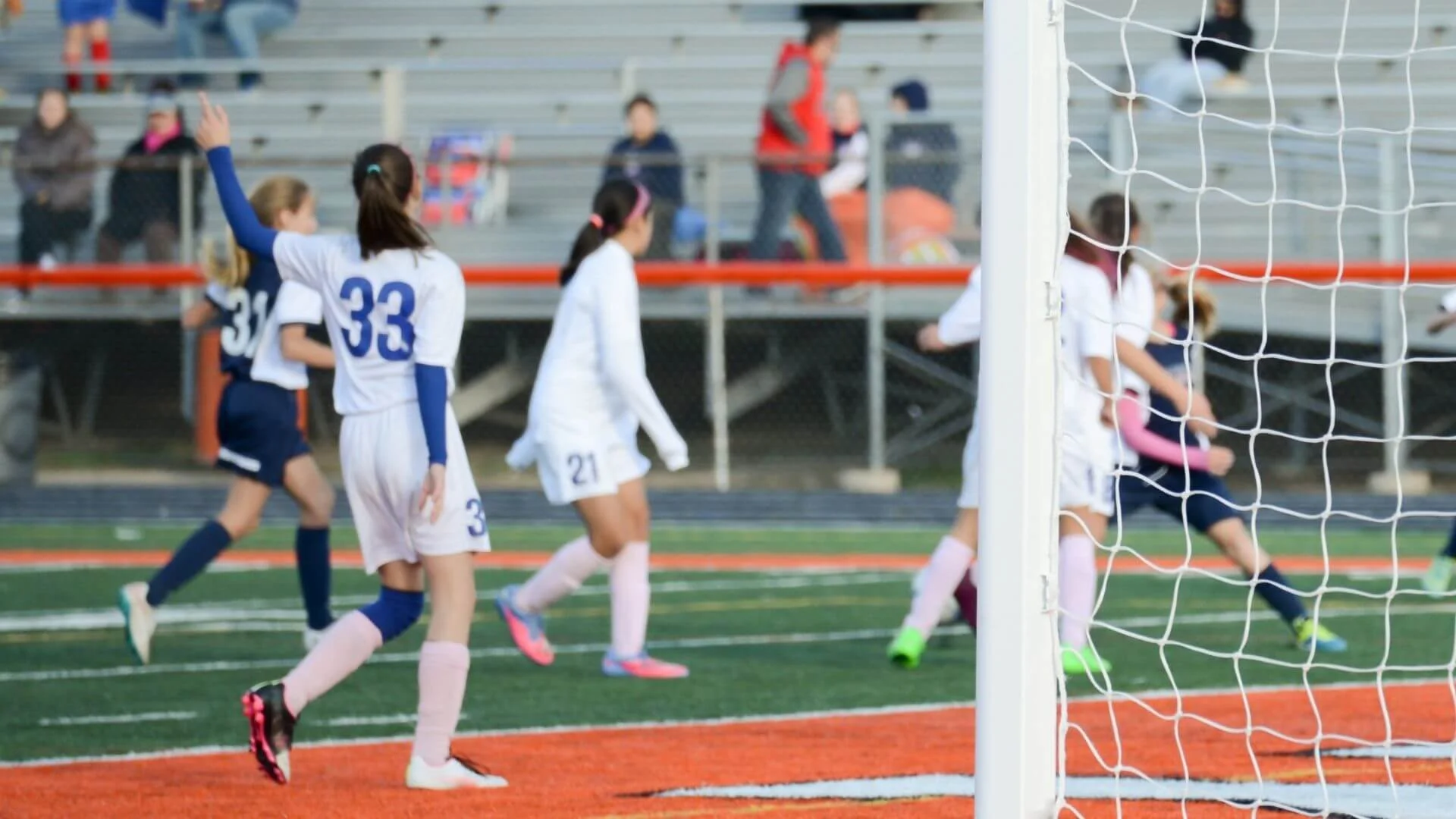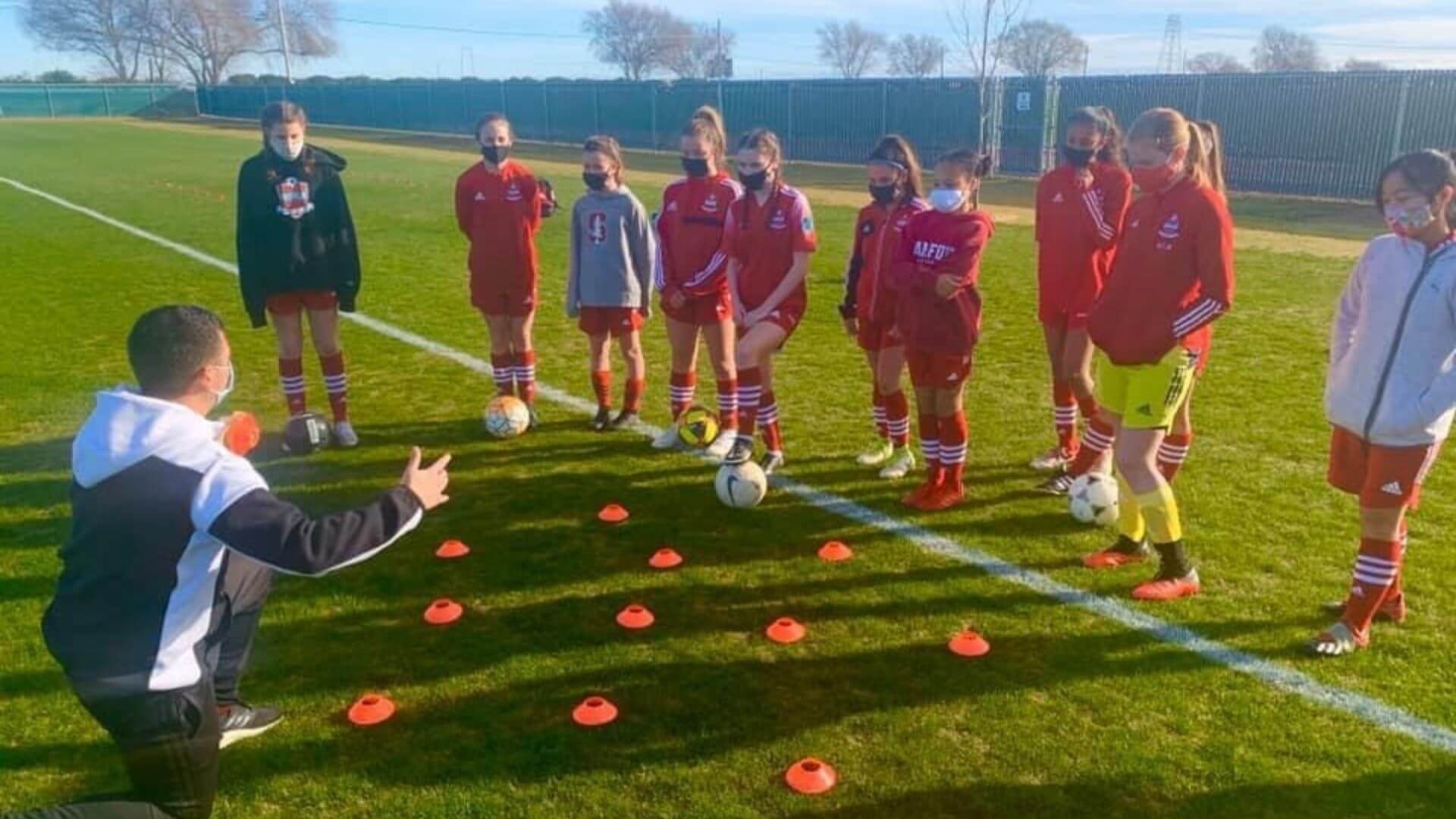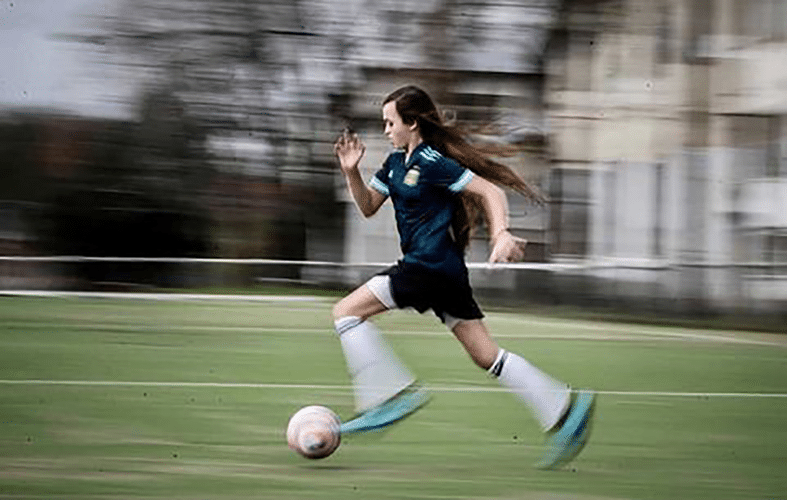Eating For Recovery When You’re Injured
Injuries can be an extremely difficult time for any athlete. It can be difficult to watch your fellow Socceristas train and play while you rehab. However, there are many things in your control that can help with rehabilitation of your soccer injuries such as, eating for recovery. Let’s talk about nutrition and how it can be helpful to get you back on the pitch.
First and foremost, eating quality foods on a daily basis can help to prevent some injuries. Injuries happen, it’s the reality athletes face. Yet, when you store balanced vitamins and minerals in your body, they will be ready to jump into action when needed for repairing injuries.
Some athletes think they need to eat less when they are injured because they are moving their bodies less frequently. While you may be less physical, your body is still working hard to repair damaged muscle, tissue, or bone. Your body actually requires 10-20% more calories than your normal caloric intake to do that work. Use the cues your body gives you and eat when you’re hungry to fuel that caloric need. If you need surgery, it would be beneficial to speak to the hospital’s dietician to make sure you’re getting enough nutrients during this downtime.
EAT TO REPAIR DAMAGED MUSCLES
Select from a variety of foods that supply the most nutrients your body needs for optimal healing. Eat a balance from all food groups. Aim to get your carbohydrates from whole grains, fruits, and vegetable as they provide fuel to your muscles. They also help drive protein to your muscles. Not eating enough carbs causes your body to use protein for fuel, thus hindering healing.
The best protein during an injury comes from lean meats, legumes, and low-fat dairy. Protein gets broken down into the amino acids needed to repair damaged muscles. Eating between 20-30 grams of these protein sources at each meal and snacks will provide enough of these much-needed amino acids. Some examples, three to four ounces of lean meat, four eggs/egg whites, or a cup of low-fat dairies such as Greek yogurt or cottage cheese.
EAT TO DECREASE INFLAMMATION
There are certain foods that will greatly aid to reduce inflammation that your body may experience from injuries. These include oils from plants and fish. Fats in olive and canola oils, nuts, nut butter, ground flaxseeds, flax oil, and avocado have an anti-inflammatory effect. Omega-3 fish oils can help as well.
Try to eat two to three servings of an oily fish weekly, such as salmon or tuna. Oils and processed foods will increase inflammation in your body, so avoid these always, but especially when you are injured.
Keep your head high during times of injury and make the best food choices to help you come come back feeling stronger than ever!
Feature photo via Adobe Stock @fabiomax












